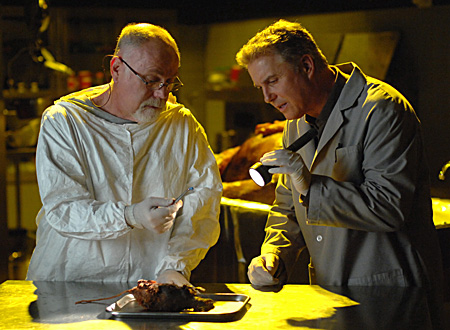The mindfulness exercise for this week was to pay attention to “filler” words and work to eliminate them from your speech. Filler words are defined as non-essential words such as “um”, “so”, and “like”. Reading the description in the book, I immediately had flashbacks of my two years in Toastmasters. For those of you not familiar with Toastmasters, it is a club designed to help you improve on your public speaking skills. One criteria that your evaluators focus on is the number of filler words you use in prepared speeches and in table topic speeches. In table topics, you are randomly selected to answer a question without any preparation on a topic the facilitator has chosen. Can you, um, say pressure? In hindsight I have to admit this training was pretty effective, I don’t catch myself saying ”um” or the more generally thought of filler words much anymore. In doing this exercise, however, I did discover that that I have moved on to different filler words and phrases.
For my yoga teacher friends, especially those teaching Anusara style classes, you know how much emphasis is placed on precise speech. So I decided that to aid me in this challenge I would use my netbook to record my voice teaching three classes this week. As I contemplate working toward Anusara certification I thought this would also help me identify other things that I need to work on verbally.
It is funny to me how being recorded, even if no one is going to hear it but me, puts initial pressure on how I speak. The first class I recorded I froze saying the announcements. I was trying so hard not to use filler words that I couldn’t find the other words I wanted to say. I just started to laugh at the absurdity of it, making everyone else laugh, and then the words flowed. What was that all about?
Listening to myself, I did realize that some of my teaching filler words and phrases are
· “basically, this means” (Overused when I tell you my understanding of this yogic philosophy I am explaining or the definition of a Sanskrit word.)
· “take a breath, soften”.(Used when I am not sure of my next cue and I want to think about it for a moment.)
· “Please” (As in “please step your right foot back, please lift your arms up, please touch the floor.” Can you please just stop saying please??)
Overall, I love this practice of working on speech. I feel nothing but pure joy when I am teaching and I say the right words. I can feel the shift of energy in the room and see the shift in bodies as each person works to find their own alignment based on what I am saying. So I will keep practicing and refining, looking for ways to eliminate unnecessary words, to weave my language more seamlessly into my teaching and into my life. And for those of you in my classes as I continue to record, um, basically this means take a breath and soften, and please pay no attention to the computer in the front of the room.






